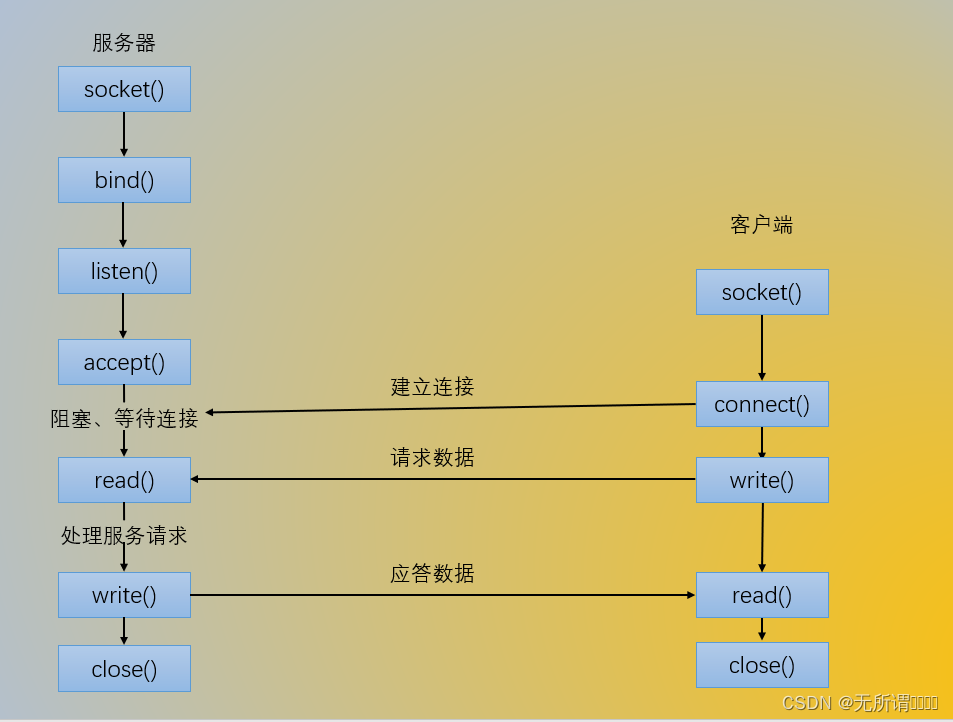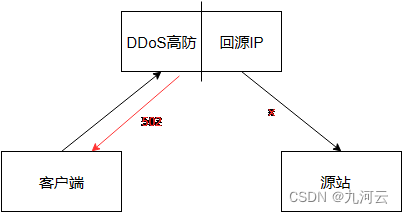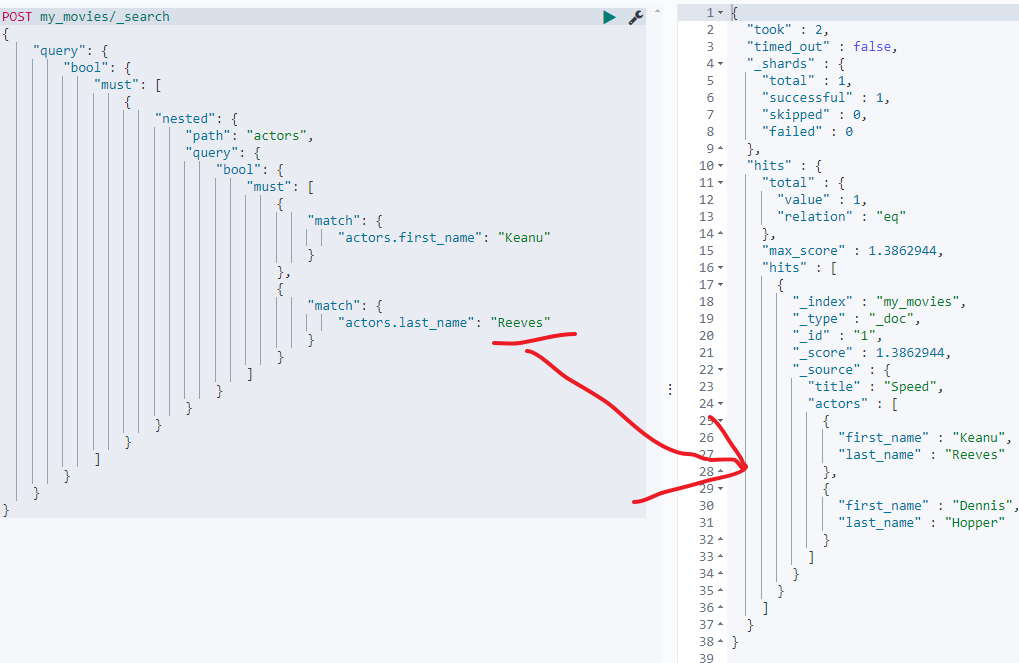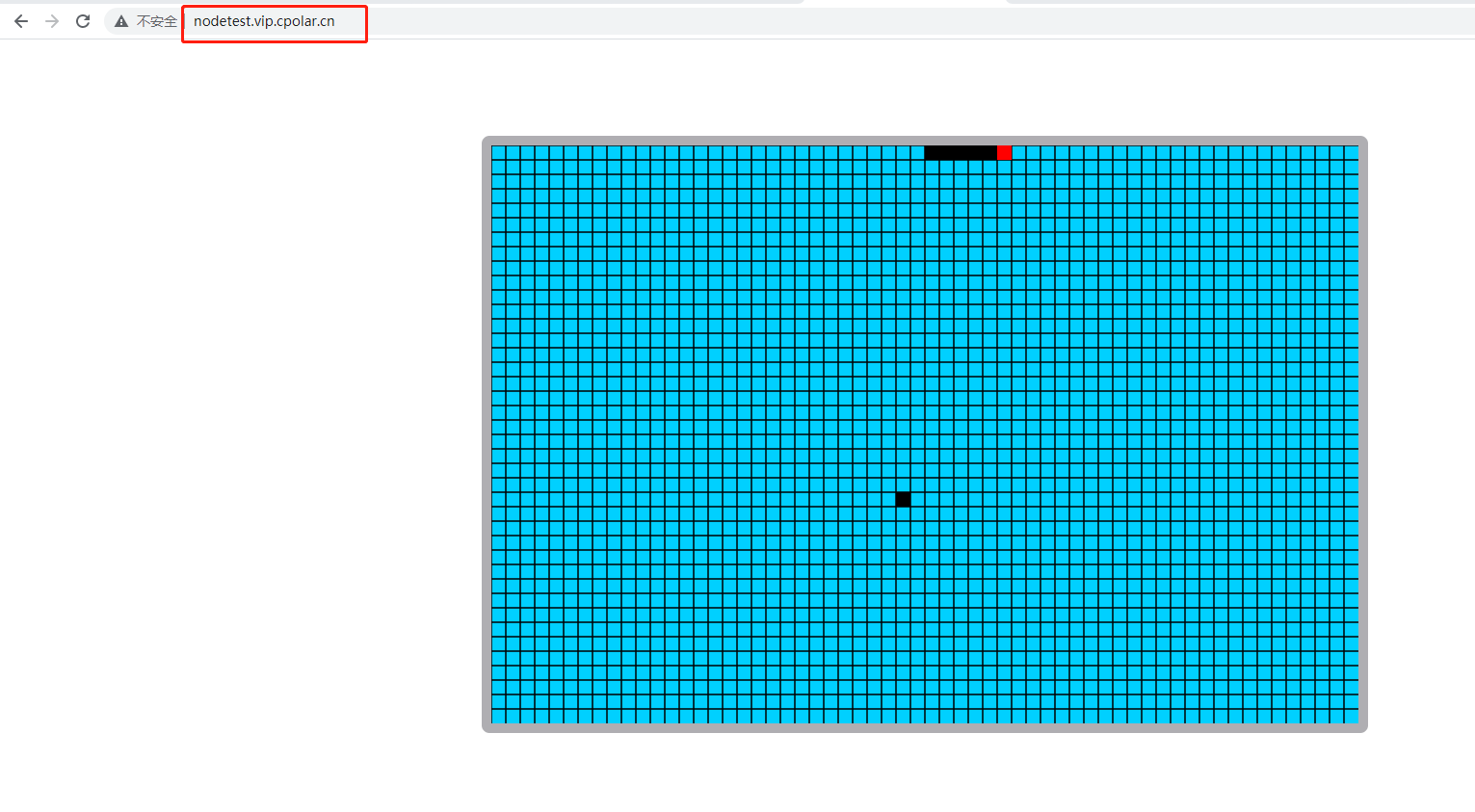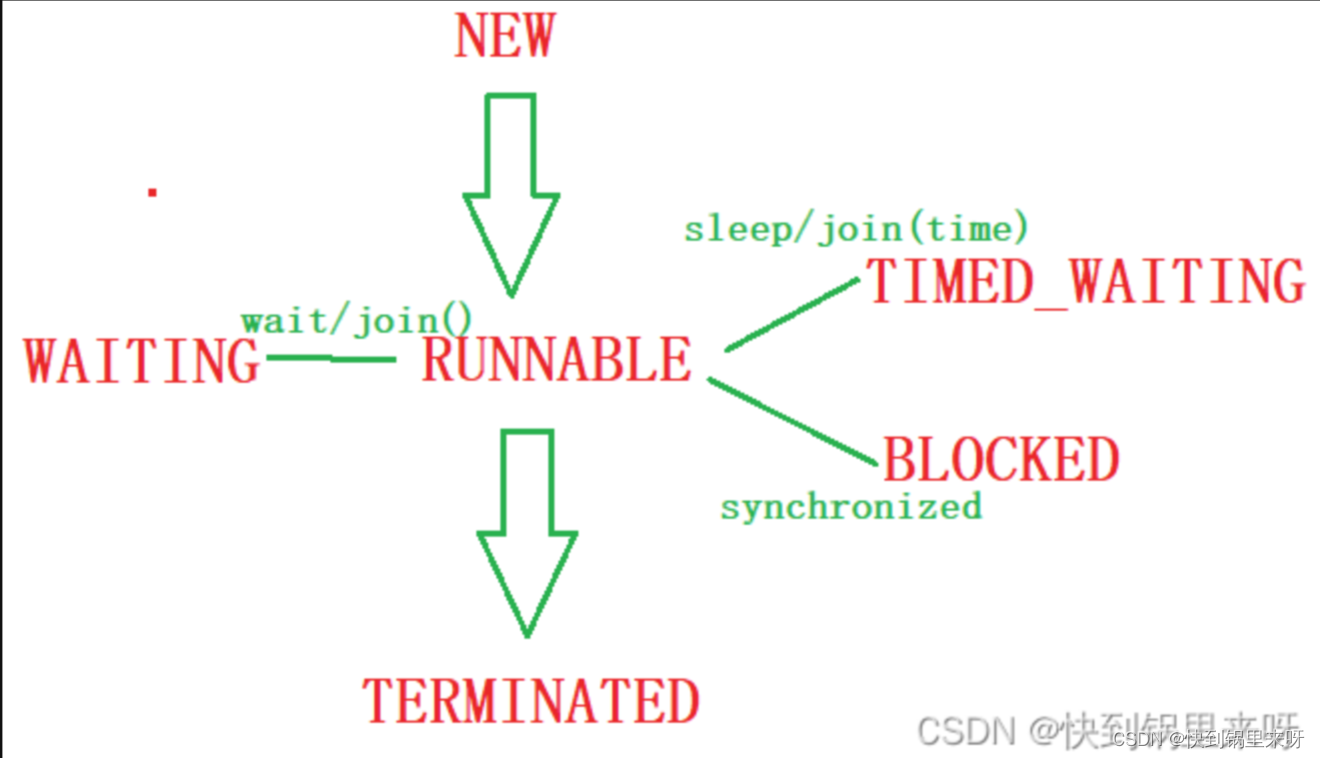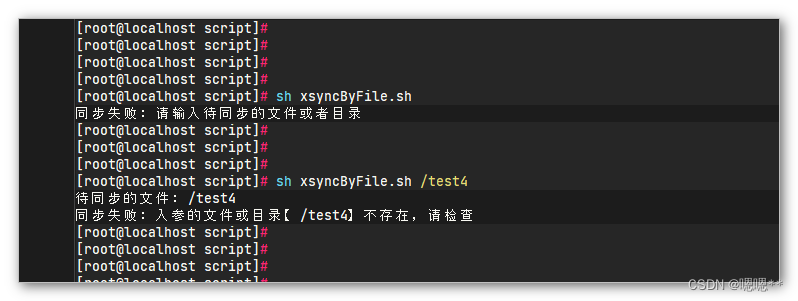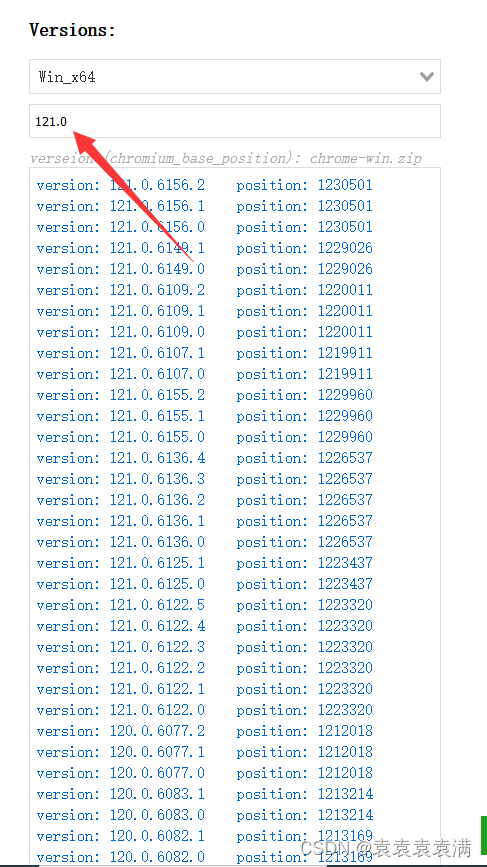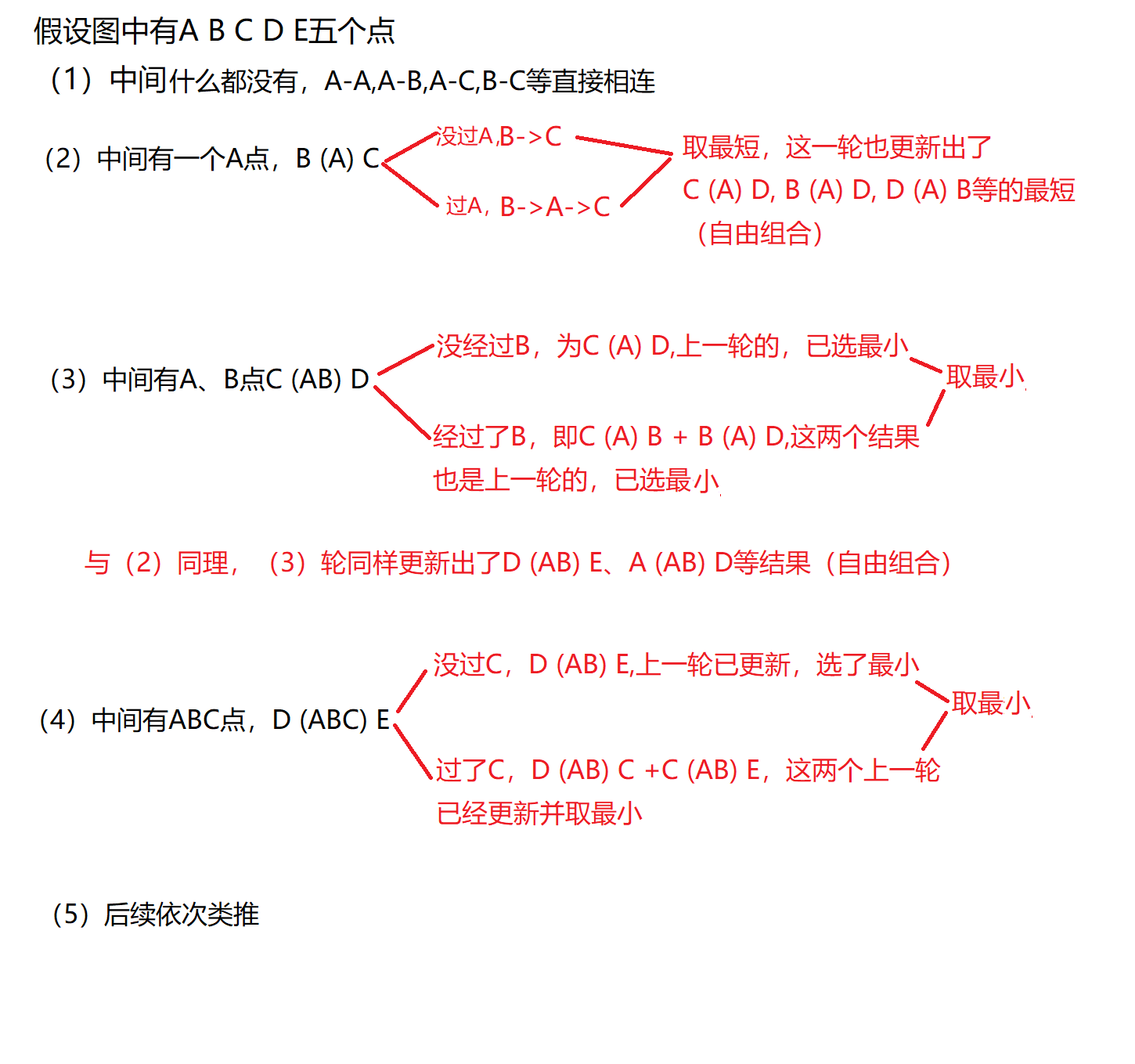没有人没抢过红包吧…… 这里给出N个人之间互相发红包、抢红包的记录,请你统计一下他们抢红包的收获。
输入格式
输入第一行给出一个正整数N(≤104),即参与发红包和抢红包的总人数,则这些人从1到N编号。随后N行,第i行给出编号为i的人发红包的记录,格式如下:
KN1P1⋯NKPK
其中K(0≤K≤20)是发出去的红包个数,Ni是抢到红包的人的编号,Pi(>0)是其抢到的红包金额(以分为单位)。注意:对于同一个人发出的红包,每人最多只能抢1次,不能重复抢。
输出格式
按照收入金额从高到低的递减顺序输出每个人的编号和收入金额(以元为单位,输出小数点后2位)。每个人的信息占一行,两数字间有1个空格。如果收入金额有并列,则按抢到红包的个数递减输出;如果还有并列,则按个人编号递增输出。
输入样例
10
3 2 22 10 58 8 125
5 1 345 3 211 5 233 7 13 8 101
1 7 8800
2 1 1000 2 1000
2 4 250 10 320
6 5 11 9 22 8 33 7 44 10 55 4 2
1 3 8800
2 1 23 2 123
1 8 250
4 2 121 4 516 7 112 9 10输出样例
1 11.63
2 3.63
8 3.63
3 2.11
7 1.69
6 -1.67
9 -2.18
10 -3.26
5 -3.26
4 -12.32解题思路
1. 定义一个类来表示每个人,这个类包含编号、收入总额和抢到的红包数。
2. 读取输入数据,更新每个人的收入和抢到的红包数。
3. 排序:根据收入金额、抢到红包的个数和编号排序。
4. 格式化输出结果。
解题过程中遇到的问题
当时我的第一版代码是这样的,money定义为double。然后排序逻辑也是没问题,但是最终的结果就是2和8的编号不能正确输出,我就很纳闷。结果就是如下图所看到的情况!!!
import java.util.*;
class Person implements Comparable<Person> {
int id;
double money;
int redPackets;
public Person(int id) {
this.id = id;
this.money = 0.0;
this.redPackets = 0;
}
@Override
public int compareTo(Person o) {
if (this.money != o.money) {
return Double.compare(o.money, this.money);
} else if (this.redPackets != o.redPackets) {
return o.redPackets - this.redPackets;
} else {
return this.id - o.id;
}
}
}
public class Main {
public static void main(String[] args) {
Scanner scanner = new Scanner(System.in);
int N = scanner.nextInt();
Person[] persons = new Person[N + 1];
for (int i = 1; i <= N; i++) {
persons[i] = new Person(i);
}
for (int i = 1; i <= N; i++) {
int K = scanner.nextInt();
for (int j = 0; j < K; j++) {
int recipient = scanner.nextInt();
int amount = scanner.nextInt();
persons[recipient].money += amount / 100.0;
persons[recipient].redPackets++;
persons[i].money -= amount / 100.0;
}
}
Arrays.sort(persons, 1, N + 1);
for (int i = 1; i <= N; i++) {
System.out.printf("%d %.2f\n", persons[i].id, persons[i].money);
}
}
}
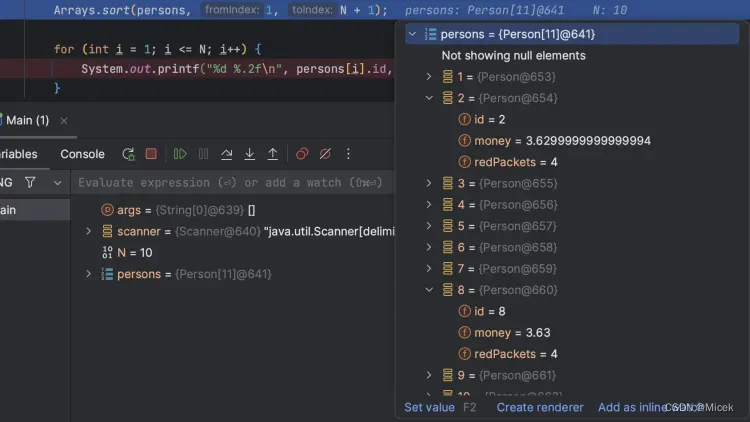
解题代码
import java.util.*;
import java.math.BigDecimal;
class Person implements Comparable<Person> {
int id;
BigDecimal money;
int redPackets;
public Person(int id) {
this.id = id;
this.money = BigDecimal.ZERO;
this.redPackets = 0;
}
@Override
public int compareTo(Person o) {
int cmp = this.money.compareTo(o.money);
if (cmp != 0) {
return -cmp; // 收入金额递减排序
} else if (this.redPackets != o.redPackets) {
return o.redPackets - this.redPackets;// 抢到红包个数递减排序
} else {
return this.id - o.id;// 个人编号递增排序
}
}
}
public class Main {
public static void main(String[] args) {
Scanner scanner = new Scanner(System.in);
int N = scanner.nextInt();
Person[] persons = new Person[N + 1];
for (int i = 1; i <= N; i++) {
persons[i] = new Person(i);
}
for (int i = 1; i <= N; i++) {
int K = scanner.nextInt();
for (int j = 0; j < K; j++) {
int recipient = scanner.nextInt();
int amount = scanner.nextInt();
BigDecimal amountBD = BigDecimal.valueOf(amount, 2);
persons[recipient].money = persons[recipient].money.add(amountBD);
persons[recipient].redPackets++;
persons[i].money = persons[i].money.subtract(amountBD);
}
}
Arrays.sort(persons, 1, N + 1);
for (int i = 1; i <= N; i++) {
System.out.printf("%d %.2f\n", persons[i].id, persons[i].money.doubleValue());
}
}
}





